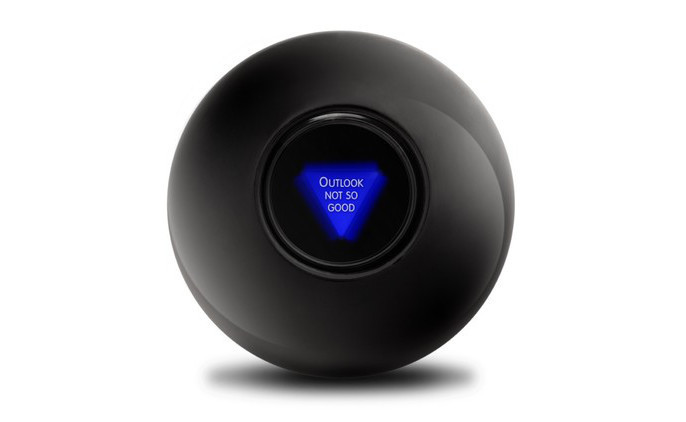There are no two ways about it, too many teenagers have their lives cruelly ended at such a young age as a result of a car accident and in a number of those tragic scenarios, alcohol was involved or a key reason why the crash occurred in the first place.
It is all very well to be compensated after accident if you are the victim of a DUI and as a parent, you will want to do all you can to ensure that your teenage son or daughter fully understands the risks they are facing every time they behind the wheel.
Here is a look at how you can get the message across to your teenager so that they are mindful of the dangers of drunk driving.
The problem in numbers
If you want to start with some good news, you can take some comfort from the figures published by the CDC which show that the percentage of teens who drink and drive has fallen steadily and has halved in number over the last couple of decades.
Despite this trend, which might have a lot to do with the observation that drink driving is often viewed as socially unacceptable, it is still estimated that about 10% of teens will risk a DUI offense and drunk and drive.
The first point to drill home to your teenager is that they are estimated to be seventeen times more likely to die in a car crash if they have a blood alcohol concentration of 0.8%.
It is a lethal combination when you have an inexperienced teen driver with alcohol in their bloodstream, and drinking any alcohol before driving is putting them at much higher risk of ruining their early adult life with a DUI charge, or worse, not coming home at all.
Establish some ground rules
Parenting a teenager is a tricky challenge for many of us as your young adult will be testing the boundaries, however, it has to be seen as the right thing to do if you can get involved by talking to your teen about their driving and establishing some clear ground rules.
If you are still bankrolling their driving career and helping them to stay on the road with some financial help, the payback is to get them to agree to abide by a driving agreement that includes not drinking any alcohol if they intend to use their car.
If they are a passenger
It is also worth pointing out that it is not just the teenage driver that risks life and limb in the car when they choose to drive while drunk, as passengers can fare just as badly.
Encourage your teen to refuse to accept a lift from any of their friends if they know or suspect that they have been drinking.
That decision could save their life and might encourage the driver to think twice about their actions.
Honesty is the best policy
If you think back to your own teenage years and are honest about it, you will probably recall that the primary focus when drinking alcohol was to get drunk.
There aren’t likely to be many teens who just have one drink and say that it is enough when they are under pressure from others to join in the fun.
A good strategy would be to admit your own behavior when you were that age, if that’s relevant, and tell them that you know what it is like when everyone starts drinking.
With that in mind, be upfront about alcohol consumption and say that driving and alcohol don’t mix, so maybe offer some other way to get them there and back if they are going to a party.
You might not want to contemplate your teen drinking a large amount of alcohol but its better to plan around that eventuality than turn a blind eye and ignore the risk of drink driving without that pre-warning conversation with them.
Set an example
Let’s be honest, it is all very well lecturing your teenager about how wrong it is to even consider driving their car when they have been drinking, but if you don’t practice what you preach that message is not going to carry any weight.
Parents often hold the key to helping their teenage son or daughter staying safe on the road and leading by example is one of the best ways to enforce the message about drink driving.
If your teen sees you observe a strict set of rules when it comes to your own driving behavior, including not drinking alcohol before driving, and other things like using your cell phone while behind the wheel, this should help reinforce the message you are trying to get across.
Get familiar with state laws
Drink-driving is not acceptable in any state, of course, but there are different DUI laws around the country and it makes sense to familiarize yourself with the legal consequences attached to being charged with this offense.
They could face a community service order or spend some time behind bars for their actions.
Knowing the law on DUI and what could happen when you get caught driving while drunk is the perfect opportunity to have an adult conversation with your teen about the serious ramifications of this aspect of breaking the law.
Guide your teen on who they hang out with
You probably don’t think you want to interfere too much when it comes to seeing who your teen is friends with but there are circumstances where that might be prudent.
If you notice that they are spending time with someone or a group who are known to party and drink a lot of alcohol, try to suggest that they build friendships with other teenagers who do not drink.
If you don’t want to intervene in that way, maybe consider restricting their opportunities to hang out with friends are most likely to drink and drive.
Getting your teen to understand the risks associated with drink driving should increase their odds of getting through those difficult and dangerous years.
Tags: Drink And Drive, Teens, Road accidents





